
Adults appear to have a higher risk of IBD if they have been prescribed antibiotics, according to a new large study.

Adults appear to have a higher risk of IBD if they have been prescribed antibiotics, according to a new large study.

A new analysis of excess deaths suggests the peak of the current pandemic in New York City had a death rate in the same league as the infamous 1918 influenza pandemic.

The American College of Physicians says it no longer plans to update its rapid, living practice points because it doesn’t believe new evidence will support the use of the antiviral medications in the fight against COVID-19.

Earlier research had suggested vitamin D supplementation might lower the risk of tuberculosis, but a new large, randomized trial contradicts those studies.
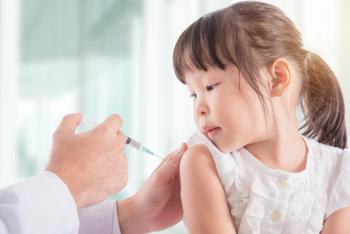
Many families fell behind on vaccines during the pandemic, but a study finds most clinics are available to schedule make-up appointments.
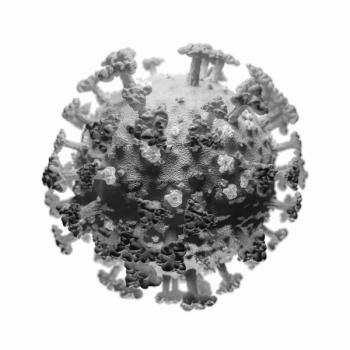
Tens of thousands of patients were prescribed the anti-malarial drugs in the early weeks of the pandemic, a statistic that concerns public health officials.
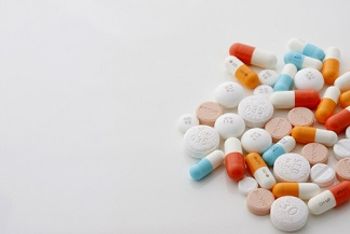
A new study finds patients with Clostridium difficile infection are more likely to face a recurrence of the infection if they also have renal impairment. However, bezlotoxumab can reduce that risk.
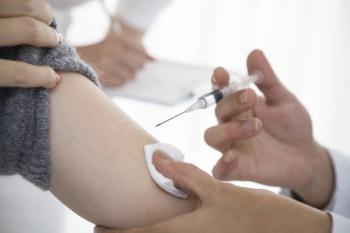
RSV-associated lower respiratory infections affect tens of millions of children and kill more than 100,000 children each year. A new vaccine candidate is showing promise in protecting against the disease.
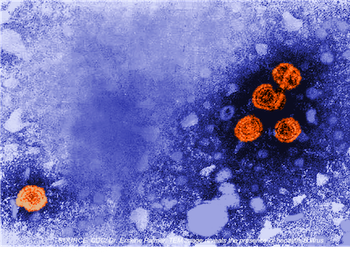
A new report from the CDC finds refugees arriving in the United States who are infected with hepatitis B virus are frequently lost to follow-up care.

Though most trace the coronavirus outbreak to China, a new analysis finds most of the cases in New York seem to have originated in Europe.
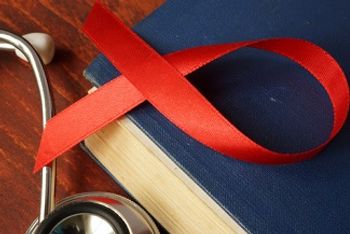
Zinc supplements are widely available and have been linked with lower inflammation, but a new study finds it does not significantly lower mortality risk.
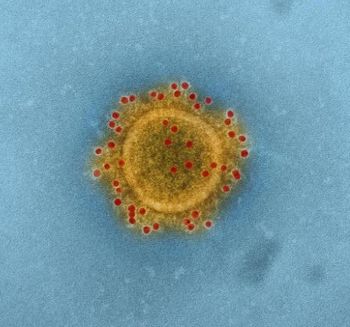
Early links between heart disease and diabetes and coronavirus severity caused some to fear that the 2 classes of medication might worsen outcomes during the pandemic. A systematic review finds little evidence to back those fears.

A new paper analyzed cancer types to determine which types of cancer put a patient at highest risk of contracting coronavirus.
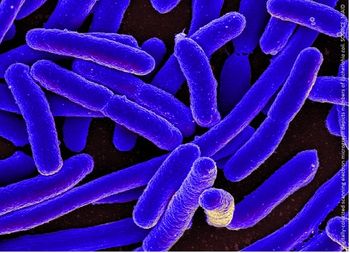
Drug resistance has physicians racing to find alternative therapies for many infections. In a new non-inferiority study, fosfomycin was inferior to more common therapies.

An analysis by health officials in the UK shows patients in the community (as opposed to the hospital) who were tested for coronavirus had the highest rate of positive results.

New research into a combination of antiviral therapies finds it is safe and appears to shorten disease course in patients with early coronavirus.
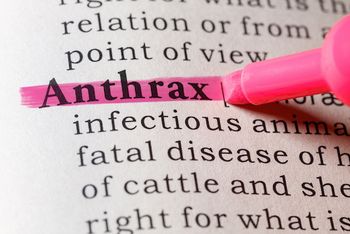
In a new phase 4 study, investigators found giving patients raxibacumab at the start of anthrax vaccine adsorbed administration does hurt the protective quality of the vaccine.

Investigators have pinpointed two types of cells in the lining of the nose that they say are the most likely entry points for SARS-CoV-2.

People who live in the same household as people who tested positive for COVID-19 had a 17% chance of becoming infected themselves, a new study found.

A new study argues artificial intelligence will be a key tool in helping to evaluate the new barrage of new scientific research.

Until this week, French public health officials had believed coronavirus disease 2019 (COVID-19) had arrived in the country in January. A new study suggests it happened at least a month earlier.
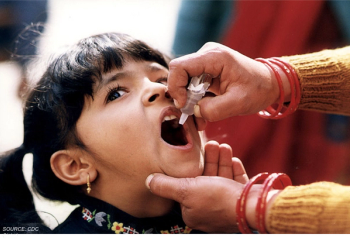
The attenuated virus in oral polio vaccines has developed the ability to evolve and spread to humans. Now, investigators have developed a new vaccine without the ability to make such changes.
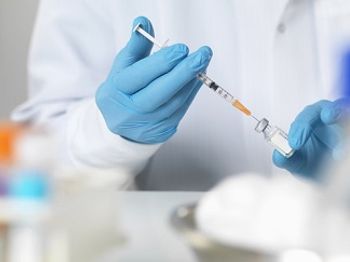
Midway through the pandemic outbreak, investigators attempts to highlight some of the strongest candidates to fight the disease.

In a study of patients in China, investigators found most men were more likely than women to have severe cases of COVID-19, and more likely to die from the disease.

Children who were confined to their homes due to the COVID-19 outbreak in Hubei province, China, reported higher rates of depressive symptoms and anxiety.
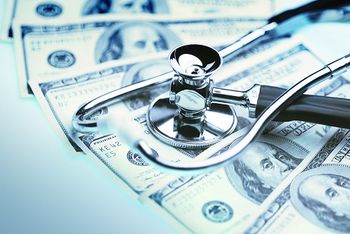
If half of Americans eventually get infected with the novel coronavirus, the US healthcare system could face costs of more than $400 billion, a new study finds.
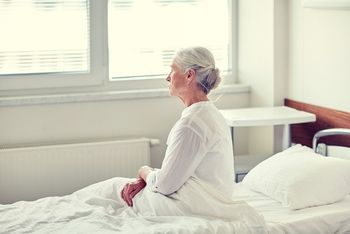
About 10% of older Britons were hospitalized for respiratory disease in a new sudy. But patients who lived alone faced triple the risk.
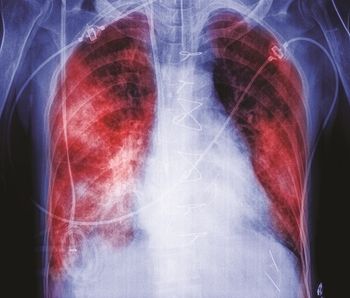
Older patients who live alone are at a higher risk of being hospitalized for respiratory disease, according to a new study.

Two infants who presented to New York hospitals with fevers ended up testing positive for COVID-19 and serve as a reminder of the importance of infection-prevention protocols, according to a new paper.

As much of the American economy has been restricted, economic impacts are beginning to translate into food insecurity.